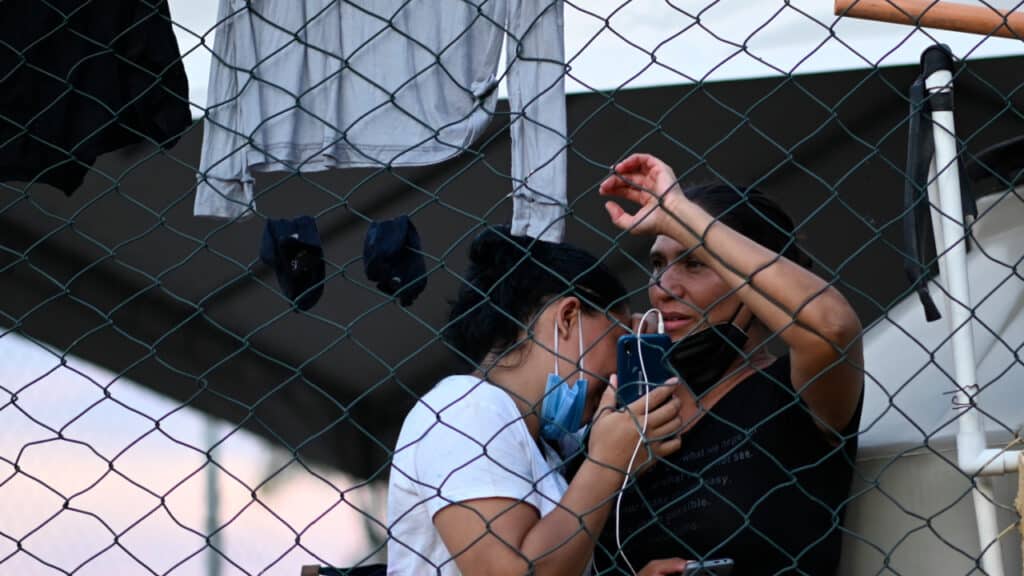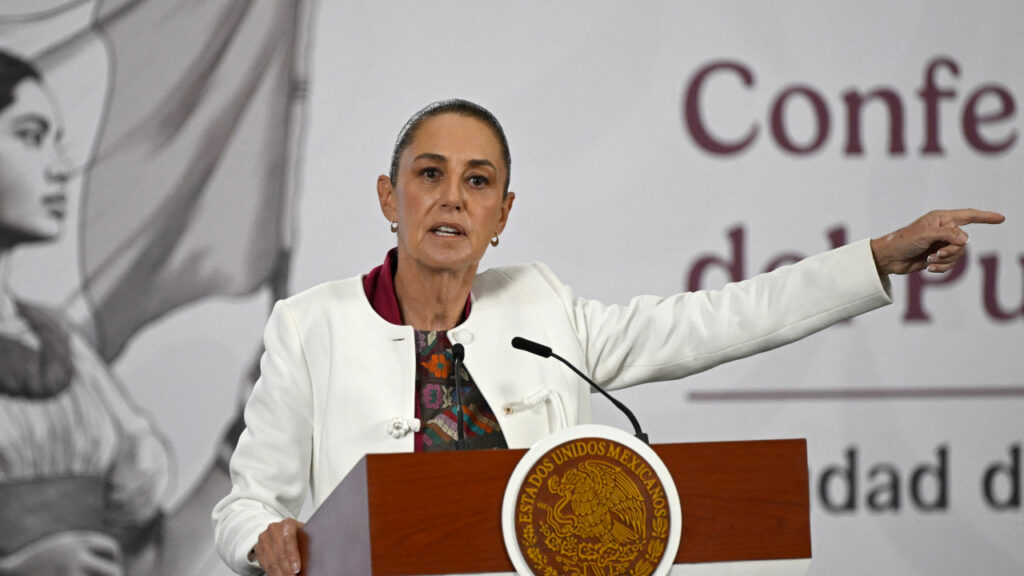
“Deportation Killed Her”: Estela Ramos Baten, Mother of LA Honor Student, Dies Weeks After Deportation
When Estela Ramos Baten died in Guatemala this September, her daughter Nory was by her side. Hours earlier, Estela had whispered, “I feel like I’m going to die.” By the time paramedics arrived, she was unresponsive. She was 45.
Her death came just two months after she and her daughter were deported from Los Angeles during what they thought would be a routine immigration check-in. The sudden loss has shaken her family on both sides of the border and raised serious questions about the consequences of U.S. deportation policies.
Estela Ramos Baten’s deportation began with a routine appointment
According to MSNBC, Estela and her daughter, Nory Sontay Ramos, were detained in Los Angeles on June 30 during an immigration appointment. They had lived in the U.S. since 2016. After being transferred to a detention facility in Dilley, Texas, the two were deported to Guatemala on July 4.
Estela told the media that their belongings were confiscated, including her prescribed medications for high blood pressure. While ICE said she “was given a medical evaluation and prescribed the medications she needed” at the detention center, Estela told her family her medicine had been taken in Los Angeles and never returned.
Nory, an honor student and star athlete preparing for her senior year in Los Angeles, recalled how the deportation unfolded. “We went to a little room, and they told us to sit down. They closed the door and said, ‘I’m sorry to say this, but your case is over. We will take you guys with us,” she told MSNBC.
Fear and stress consumed Estela’s final days
Back in Guatemala, Estela lived in constant fear of the 18th Street Gang, which had threatened her before she fled the country in 2015. MSNBC reported that every noise from the street made her jump. In broken Spanish, since her native language was K’iche’, she told reporters, “My friend heard the gang leader is asking questions about me. Where is Estela?”
Her daughter, Nory, said the stress took a physical toll. “She barely slept,” she explained. Estela suffered from “persistent headaches” tied to her high blood pressure and refused to leave the house out of fear.
On the night of September 8, her health collapsed. She vomited, grew weak, and told her daughters, “I feel like I’m going to die.” Despite their desperate attempts to revive her, she died at 11:30 p.m. local time.
A death certificate, unanswered questions
At her funeral, officials read a death certificate listing “liver cirrhosis” as the cause of death. Her eldest daughter, still in Los Angeles, acknowledged Estela “had a drinking problem when she was young” but emphasized that she had stopped years ago.
Experts told MSNBC that cirrhosis can worsen blood pressure problems. Without her medications, which the family says ICE confiscated, Estela’s health was left unmanaged. Through tears, Nory repeated the words that now haunt her: “They took away my mother’s medicine. I had no way to help her.”
ICE has maintained that Estela received proper medical care. But her family insists the medication seizure in Los Angeles left her without treatment once deported.
Grief reverberates in Los Angeles and Guatemala
Estela’s partner in Los Angeles told the media that her sudden death left him devastated. “Last night when I spoke with her, I never imagined it would be the last time I’d hear her voice,” he said. He had been preparing to send medication to Guatemala. “The stronger medicines,” he explained, “were arriving today.” He broke down as he added, “My first thought was that the gang had killed her. I said, ‘They killed her, they killed her.’ But it wasn’t that. It was stress, it was sadness. Deportation killed her.”
Her eldest daughter, also in Los Angeles, said she begged her mother to go to the doctor that night, but Estela refused. “She was terrified to leave the house and always told me she would never forgive herself if something happened to Nory.”
Estela Ramos Baten’s final gift
On September 10, Estela was buried in Momostenango, the village where she was born. Local broadcasts showed dozens of women in traditional Maya dress welcoming her casket, draped with both Guatemalan and U.S. flags.
Before the burial, Nory used the little money they had saved for legal appeals to buy a traditional Maya dress for her mother. “My mom always wanted a traditional Maya dress. She loved them and would get so excited when she saw them,” Nory said. “It will be the last gift we can give her.”
As Estela’s coffin was lowered into the ground, Nory cried out, “Why did you leave me?” Then, wrapped in the same black hoodie she had worn on the day of their deportation, she clung to the casket.




